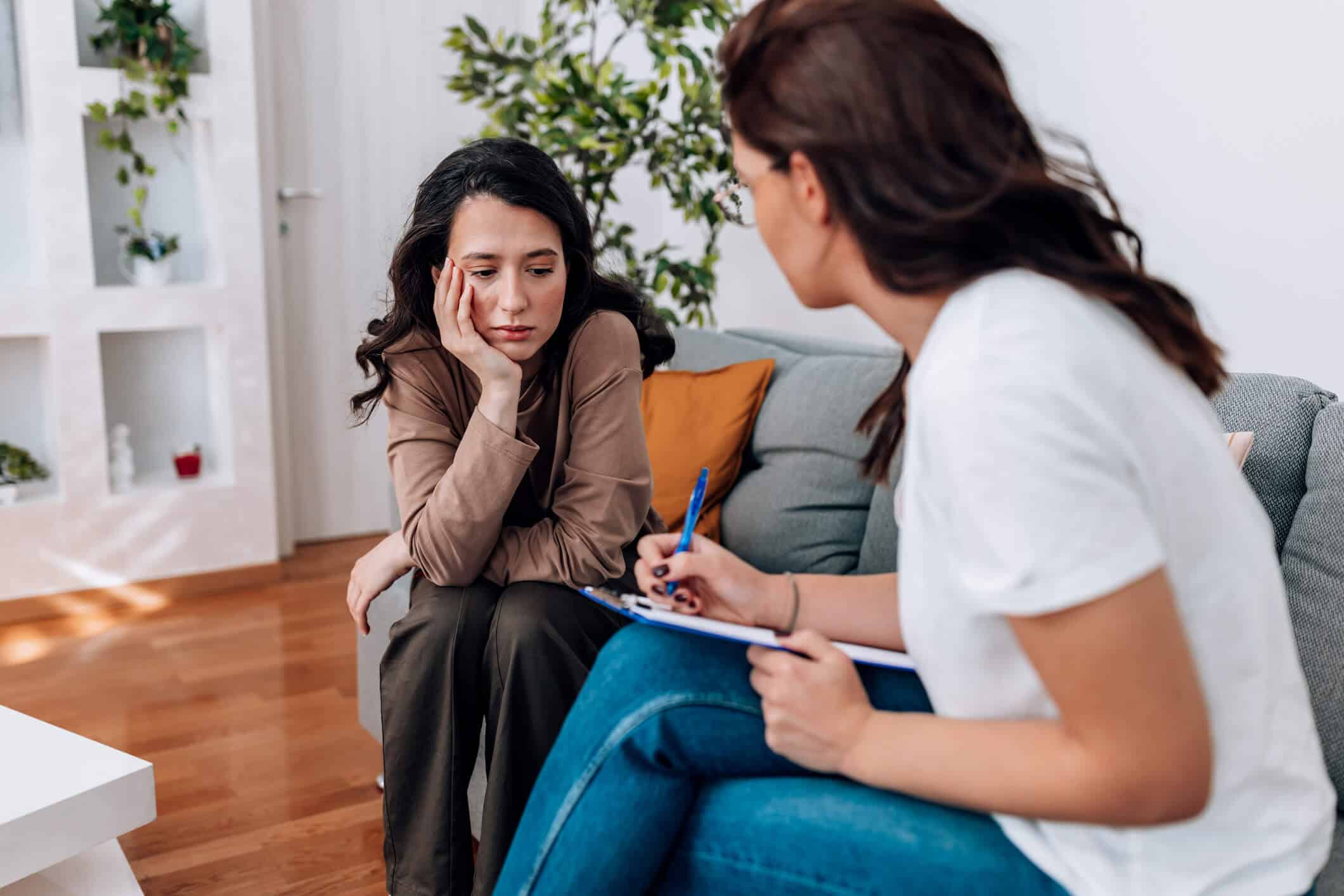Introduction
Have you been experiencing severe anxiety, emotional overload or sadness lately? If so, you’re not alone. With the rise of COVID- 19 and other global and national concerns, many people are feeling more anxious and unsure of what to do next.
As a result, more people are seeking free and affordable therapy options to talk to mental health professionals who can provide guidance and support. If you’re among the 43 million Americans who suffer from issues with chronic mental illness, you may also be wondering if there are free therapy options available. In this article, we talk about what free therapy options include, the benefits of free therapy, and where to find free therapy options near you.
Who Provides Free Counseling and Therapy?
Many people aren’t aware of free counseling options that are available within your community. In most cases, you can find free counseling options available via churches, social service agencies, community service agencies and similar human services support options. While having someone to help you handle the emotional challenges that arise in your life or someone to provide you with career advice, when mental health disorders like anxiety, depression, and post-traumatic stress disorder are introduced into the equation, free therapy options aren’t the best solution.
People who suffer from chronic mental health disorders that interfere with their daily functioning, thoughts, emotions, and behaviors require therapeutic advice from licensed therapy professionals like psychologists, licensed mental health counselors, and licensed social workers. Licensed mental health professionals have been clinically trained to provide psychotherapy and related services.
Therapists and mental health professionals are required to hold a minimum of a masters degree in their field of practice. In addition to holding a masters degree from an accredited institution, therapists and mental health professionals are also required to complete thousands of hours of hands-on clinical training to prepare them for licensure within their state.

Free Therapy vs. Affordable Psychotherapy Options
Once mental health professionals have completed all the necessary state requirements to become licensed, they are eligible to request licensure from their state licensing board. Your local state licensing board maintains important records about licensed mental health professionals practicing in your state.
When you visit the state licensing board’s website, you will find your therapist’s name, license number, number of years in practice, areas of specialty and more. Many people use the state licensing board website to find a therapist when they aren’t sure where else to search.
The difference between free counseling and affordable therapy is the level of expertise and therapeutic treatment given to people suffering from chronic mental health disorders. Counselors who provide free therapy aren’t generally required to go through the rigorous requirements that licensed clinical therapists are.
In most cases, free therapy is provided by trained advocates who get basic training on how to interact and engage with clients from their employer or by attending training seminars on counseling. In contrast, licensed therapists boast advanced degrees and years of expertise that qualifies them to provide professional advice and solutions for people in crisis. The difference is clients receiving general advice versus professional therapeutic support.

Seek Professional Advice
If you’re suffering from issues with chronic mental health disorders like depression, anxiety, bipolar and other chronic issues, its’ best to seek the professional advice of your medical doctor to rule out issues with your physical health and a licensed clinical therapist to get professional advice and support. Many people opt for free counseling and therapy options because they don’t think they can afford the high cost of therapy.
In reality, getting licensed clinical support from a therapy expert is now more affordable than ever. The Mental Health Parity Act made it possible for people to use group insurance benefits for mental health services and also provides more affordable options for mental health care. Online therapy options are not only making therapy more affordable, but easier to attain. People who get online therapy often pay a lower cost for therapy sessions than they would for one hour of in-person therapy with a licensed therapist.
The national average for in-office therapy costs in the US ranges from $45.00 to as much as $65.00 per session. An average therapy session in a face-to-face environment lasts between forty-five and sixty-minutes.
If you’re seeking life advice or general emotional support, talking to a free counselor can help. On the other hand, if you’re someone who suffers from symptoms of mental health disorders like extreme anxiety, depression, or sadness, getting help from a licensed therapy professional is a better route to take.



